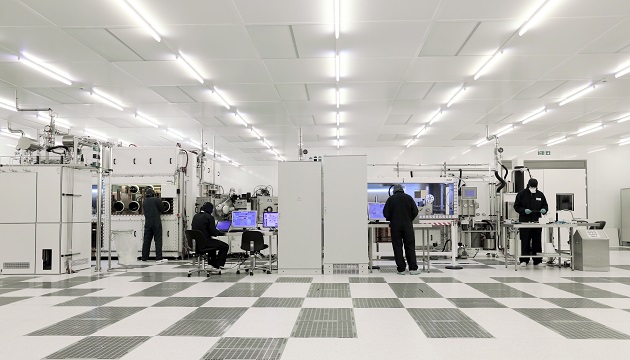CPI, a specialist in the printed sensor is developing printed sensors for EV battery current density imaging. This could increase battery life, reduce charging times and help to improve consumer safety, confidence and uptake of EVs.
These sensors will be able to provide live information on each of the thousands of cells in an EV. They will be incorporated into a battery management system (BMS) that can react to the changing state of batteries and improve operational efficiency.
The 12-month development project started in June 2019 and aims to produce sensors that are robust, sensitive and significantly cheaper than those commercially available.
The goal is for these sensors to be deployed into battery modules and widely adopted by the industry, eventually becoming a requirement for new car certification.
Other members of the project team are CDO2, Sussex University, the University of Strathclyde and Peacock Technology.
In order to verify the feasibility of the approach, Aceleron have manufactured a prototype battery pack into which the printed sensors will be integrated, with Brill Power contributing their BMS hardware and software to the project.
Development work for the project is taking place at CPI’s National Printable Electronics Centre in County Durham.
CPI are using their state-of-the-art electronics capability and expertise in developing novel print techniques to develop a process for the production of printed induction coils on a large area substrate with integrated pick and place components.
The process will be developed such that it is capable of scale up onto CPI’s Roll-to-Roll printing equipment.









